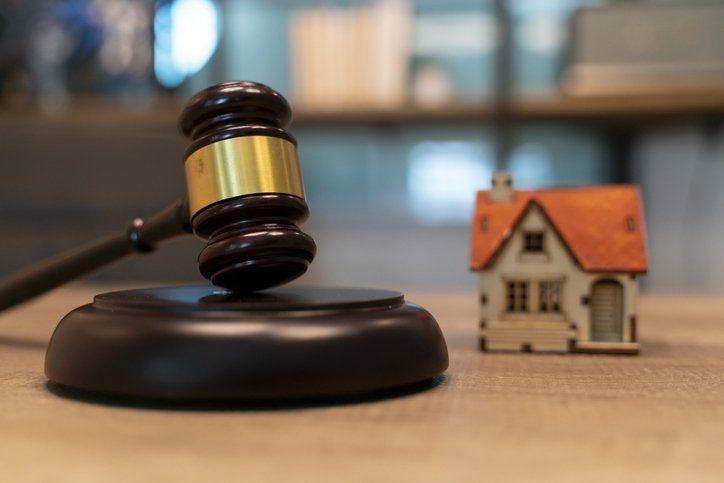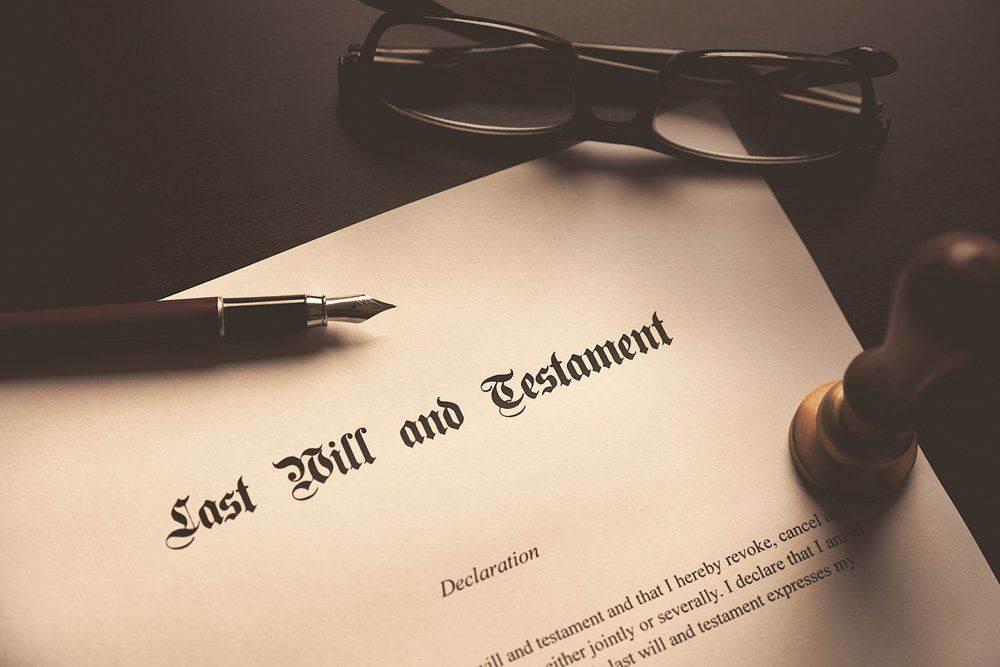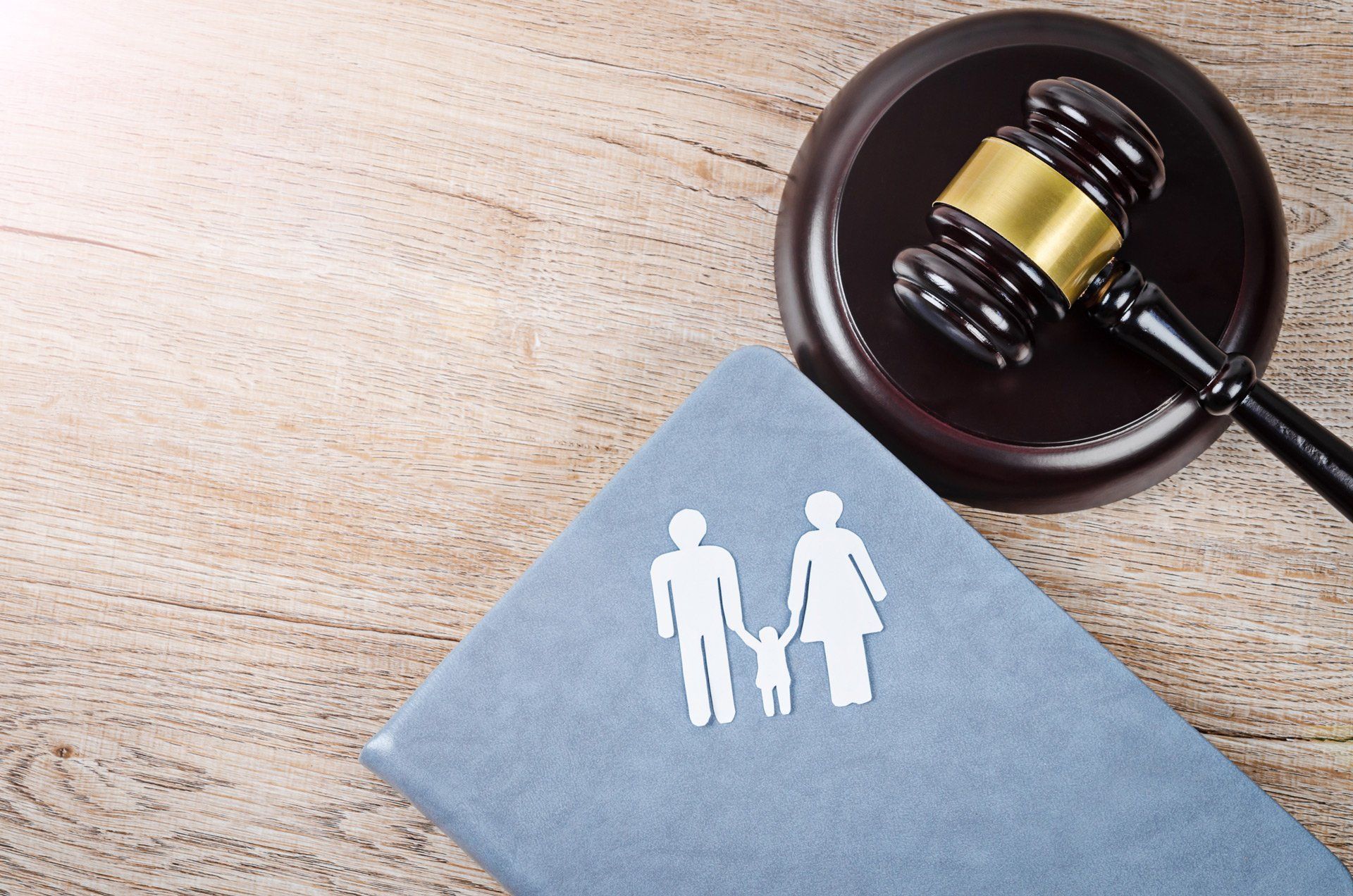Digital Assets and Your Estate: What You Need to Know
- By
- •
- 02 Nov, 2018
- •

In today's prevalent digital climate, one item many people do not consider when planning an estate is digital assets. As of 2017, 40 percent of Americans conduct the bulk of their bank account management from a computer.
Although many digital assets are various forms of banking accounts, there are also other types of assets you need to consider, including in your estate. The following is some information you should know about digital assets and which you should include in your estate plan.
What Is a Digital Asset?
As mentioned, a digital asset is a term used when describing the various online properties you own. In general, a digital asset is something you manage online with a computer or mobile device. A myriad of properties fall into the category of digital assets.
Some of the more obvious examples include online bank accounts, investment and retirement accounts you manage only online, your electronically managed credit card accounts, and online loans.
In addition to financial based accounts, you also need to consider other types of assets that are important to you. These assets includes cloud accounts that may hold important photos or documents, email accounts, social media accounts, websites you own that may or may not generate residual income, cryptocurrency, and phone apps used to generate income.
Although some of these items have no significant financial value, you need to outline who you want to have management over them. For example, if you have a PayPal account, someone needs to know how the account is linked to your credit card and bank accounts to prevent any money from moving around and affect other parts of your estate.
How Do You Manage Digital Assets When Estate Planning?
The first step you need to take is make a thorough list of all your digital assets. You need to indicate how you access the assets; include the web address to each asset, your user name, password, and any additional identification information the executor of your estate will need. This information will include answers to challenge questions, any digital codes, and the like.
Next, think about what you want to happen to these accounts once you pass away. You may have different desires for the different digital assets. You may want to provide the access information to your photo management accounts to a specific person only, while you may prefer to have an account on a social media site deleted altogether.
If a social media site or other digital asset provides a tool for others to access your account after you pass away, you may want to take advantage of it. For example, some online platforms have a tool which will delete an account once someone notifies it you have died. Check the settings of your accounts now and deploy those tools if you would like to do so.
You also need to include a clear section in your will regarding your digital assets. Provide a general guide of instructions as to how your digital assets are to be managed or altered.
Keep in mind you have the option to leave certain digital assets to certain people in your will without the executor needing to access it all. Your digital assets are your personal property, and should be treated as such.
If you have not considered including different forms of digital assets in your will and estate plan, now is the time to think about doing so. If you would like help with your estate plan, please contact The Law Office of Carla D. Allen, the best probate attorney in town! We are here to help you in any way we can.
Irresponsible estate planning could increase strife in your family. If you are concerned about potential disputes, use these tips to minimize the risks.








